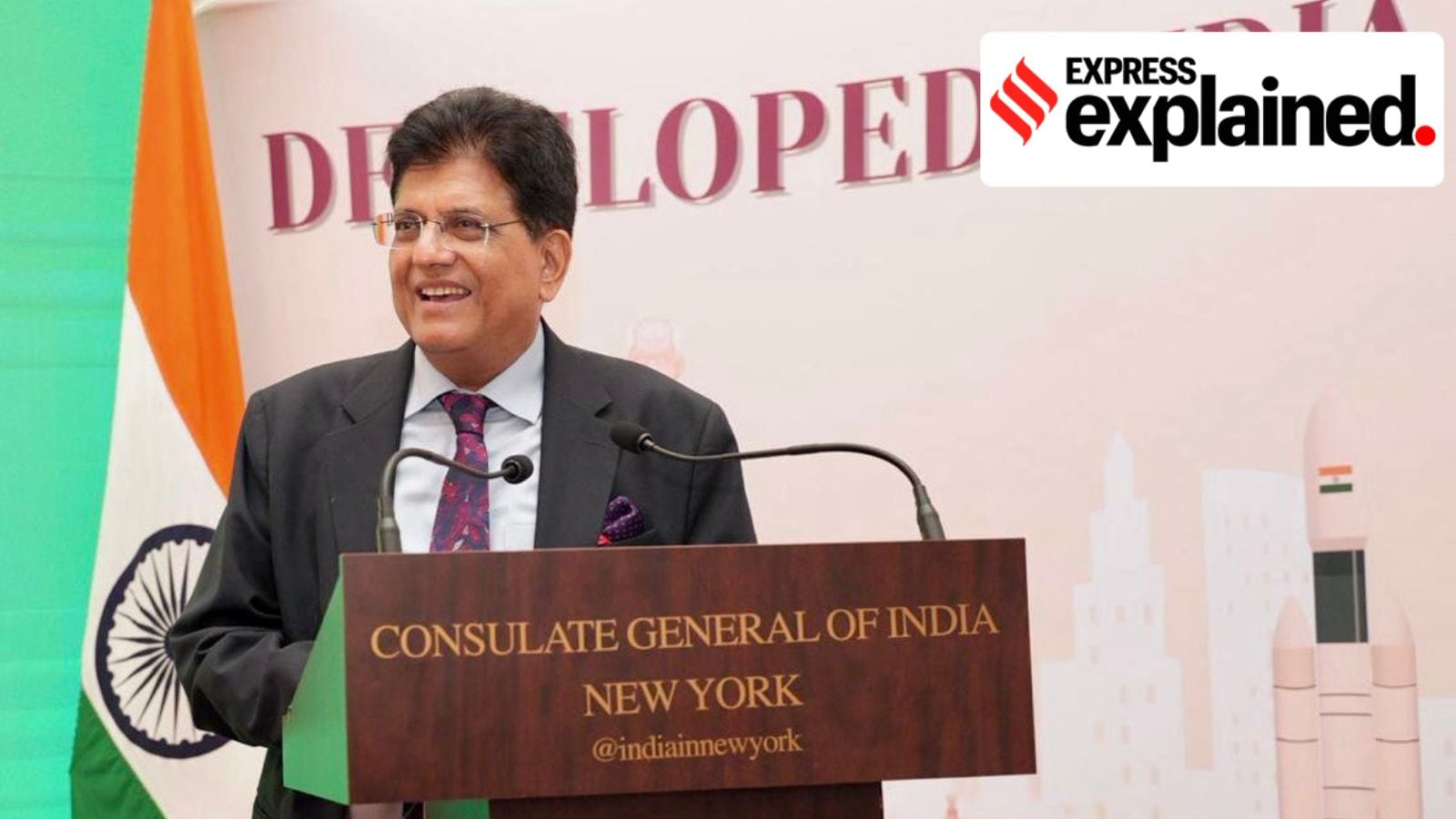
India's Nuclear Energy Reforms: Challenges and Opportunities
India is actively working to enhance its nuclear energy collaboration with the United States, as emphasized by Commerce Minister Piyush Goyal's recent statements in New York. The potential for increased US involvement in India’s energy security is promising, but significant legal hurdles remain to be addressed, particularly regarding liability concerns that have long deterred foreign investors.
At the forefront of these issues is the Civil Liability for Nuclear Damage Act (CLNDA), which aims to provide a mechanism for compensating victims of nuclear accidents. However, this legislation has been criticized for its provisions that channel operators’ liability to suppliers, creating a chilling effect on foreign investment in India’s nuclear sector.
Currently, amendments to the CLNDA are being discussed. These changes are essential to align India’s nuclear liability framework with international standards, especially to address specific provisions that foreign vendors find problematic. The proposed amendments are aimed at easing Section 17(b) of the CLNDA, a clause that has been cited as a barrier to investment.
Despite the government’s commitment to these reforms, the political landscape poses challenges. Opposition parties have previously raised concerns about these amendments, and garnering the necessary support in Parliament will be crucial for the government. The amendments were initially scheduled for discussion during the recent monsoon session but have been postponed to the winter session due to these concerns.
In addition to liability reforms, there is a push to allow private companies to participate in nuclear power operations, which could open doors for foreign companies to invest in upcoming projects. This shift is part of a broader strategy to leverage the commercial potential of the Indo-US civil nuclear deal, which was established nearly two decades ago.
Furthermore, the Indian government has made commitments in the union budget to pass these legislative changes, but the actual path may be arduous. The objective is to align India’s nuclear liability legislation with the 1997 Convention on Supplementary Compensation for Nuclear Damage (CSC), enhancing investor confidence and attracting foreign investments.
As the US Department of Energy has recently eased regulatory burdens for companies like Holtec International, India must now act swiftly to implement the necessary legal reforms. The success of these amendments could significantly influence the future of nuclear energy in India, providing a pathway for greater energy security while fostering international collaboration.
In conclusion, while India’s efforts to reform its nuclear laws are commendable, the journey will require navigating political opposition and ensuring that the amendments align with international norms. The stakes are high, as these reforms could unlock significant foreign investment in India’s nuclear energy sector, ultimately contributing to a more secure and sustainable energy future.











